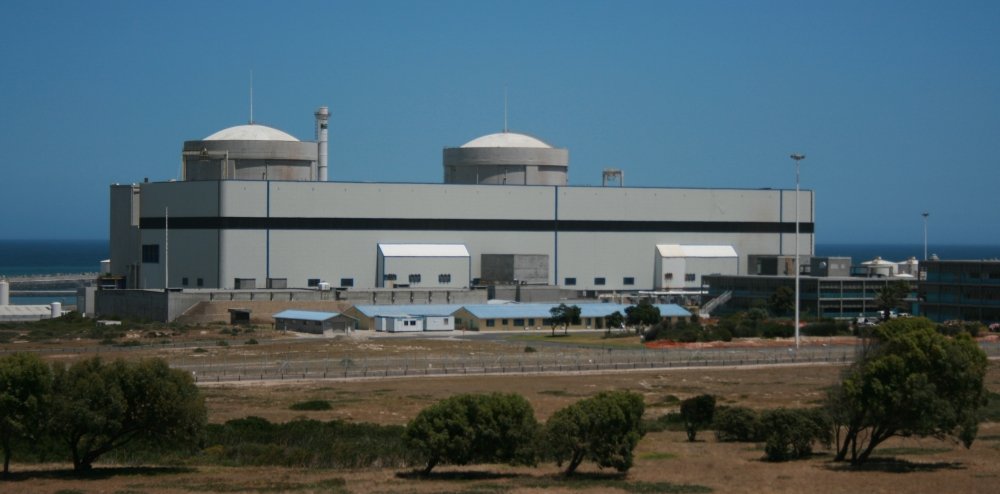The African National Congress and Apartheid South Africa’s Nuclear Weapons Program





Click here to download the Working Paper as a PDF.
The African National Congress and Apartheid South Africa’s Nuclear Weapons Program
Jo-Ansie van Wyk and Anna-Mart van Wyk
Abstract: Established in 1912, the African National Congress (ANC) became synonymous with the anti-apartheid and liberation struggle in South Africa despite its banning between 1960 and 1990, a period coinciding with the Cold War and the nuclear arms race, when it went into exile and underground. Prior to its banning, internal discussions on nuclear energy and weapons took place. However, during its three decades in exile, the ANC became aware of the secret nuclear weapons program of the apartheid government, an issue that soon became one of the pillars of its global struggle to end apartheid and the apartheid nuclear weapons program. Using available archival sources, the Working Paper traces the development of the ANC’s position on nuclear energy and nuclear weapons before discussing the organization’s transnational anti-nuclear tactics, including its armed struggle and attack against South Africa’s nuclear power plant, the Koeberg Nuclear Power Plant close to Cape Town, during its construction. This Working Paper contributes to scholarship on the nuclear position and anti-nuclear struggle of liberation movements which remains underdeveloped. It also shows the importance and extent of non-state transnational anti-apartheid and anti-nuclear activism and tactics of the liberation movement. Second, the ANC’s transnational campaign increased global awareness of apartheid and sanctions busting, while also unmasking the secret nuclear ambitions and weapons program of the apartheid government, which contributed to the total isolation of the country. Another significant element of the ANC’s anti-nuclear struggle was its campaigning at the UN that not only resulted in comprehensive UN sanctions and embargoes against South Africa, but also resulted in reforms within the UN to address and accommodate the anti-apartheid struggle. These factors contributed to the dismantling of the apartheid nuclear weapons program, the unbanning of liberation movements in South Africa, and the negotiation of the country’s democratic dispensation. The ANC that won South Africa’s first ever democratic elections in 1994 remains the country’s ruling party. Under its leadership, South Africa maintains its position on nuclear disarmament, nuclear non-proliferation and the peaceful use of nuclear energy.
Authors

Professor in the Department of Politics and International Relations at the University of Johannesburg, South Africa

Nuclear Proliferation International History Project
The Nuclear Proliferation International History Project is a global network of individuals and institutions engaged in the study of international nuclear history through archival documents, oral history interviews, and other empirical sources. Read more


History and Public Policy Program
A leader in making key foreign policy records accessible and fostering informed scholarship, analysis, and discussion on international affairs, past and present. Read more


Cold War International History Project
The Cold War International History Project supports the full and prompt release of historical materials by governments on all sides of the Cold War. Read more

Explore More
Browse Insights & Analysis
NPIHP Working Paper Series

Call for Applications: Nuclear History Summer Camp 2025

Interviews on Civil Society and Nuclear Risk Reduction
